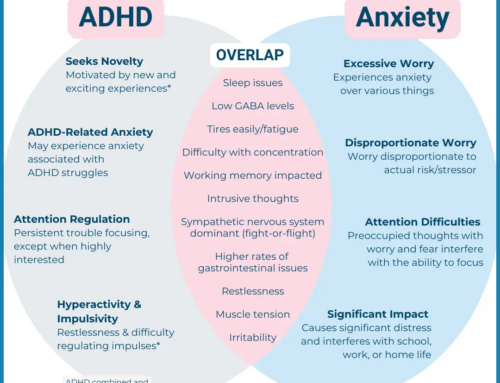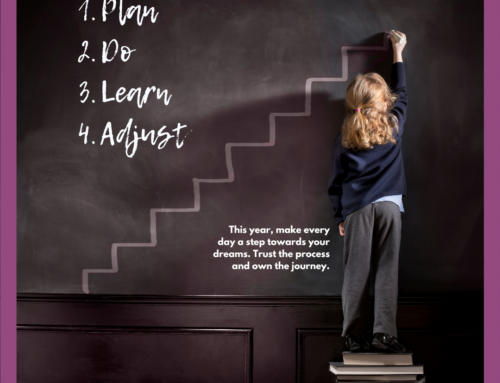Hey there, parents! 👋 Let’s dive into a fascinating topic today: motivation techniques for kids with ADHD. We all know that traditional methods like rewards and consequences may not have the desired effect on our humans with attention deficit disorder. But have you ever wondered why? 🤔
Well, it turns out that the ADHD brain operates a bit differently compared to neurotypical brains when it comes to motivation.
Here are a few key points to consider:
- Executive Functions & Emotions: The areas of the ADHD brain responsible for managing executive functions and emotions don’t have the same level of activity as in neurotypical brains. This discrepancy can impact motivation levels. Executive functions include abilities like planning, organizing, and self-regulation. So, when it comes to tasks requiring these skills, children with ADHD may struggle to feel motivated or engaged.
- Filtering Out Irrelevant Stimuli: Children with ADHD find it harder to filter out irrelevant distractions and stay focused on the task at hand. Their brains tend to be more sensitive to external stimuli, making it challenging to maintain concentration. While most of us can easily tune out background noise or visual disturbances, kids with ADHD might struggle with this, affecting their ability to stay motivated.
- Dopamine Activity: ADHD is associated with lower levels of dopamine activity in the brain. Dopamine, often referred to as the “reward neurotransmitter,” plays a crucial role in desire and how we respond to rewards, success, and failure. So, without enough dopamine, motivation can take a hit. Kids with ADHD may require extra stimulation or higher reward thresholds to experience a similar level of motivation as their neurotypical peers.
All these differences mean that children with ADHD often have to put in extra effort to acquire information and pay attention.
Consequently, they might experience more frustration and setbacks than success. Needless to say, this can negatively impact their self-perception and increase stress levels, further complicating the motivational process.
Here are some common ways this can manifest:
- Lack of Desire: “I don’t want to do this.”
- Irrelevance: “There is no value in doing this!”
- Shame Avoidance: “If I do this, I will look/feel stupid (again).”
- Success Avoidance: “If I do this boring task correctly, I’ll just get more of it.”
- Desire to Retain Control: “You can’t MAKE me do this.”
Sometimes, a child’s negative perception of their own abilities becomes a significant barrier to getting started on tasks. The stress they experience can even cause their brains to shut down, leading to less efficient processing.
Understanding these brain differences can help us develop more effective strategies to motivate our children with ADHD. We can tailor our approaches to align better with their unique needs and challenges.
Here are a few tips to consider…
And when in doubt: ask your kid! Sometimes in the hurry we forget we can ask THEM what might help. Humans with EF Skills deficits are often highly aware of their strengths and weaknesses, which adds to the frustration when something doesn’t go right. Taking the time to focus on strengths to help “the thing” go right will have a huge positive impact on every aspect of your lives.
- Break Tasks into Manageable Chunks: Instead of overwhelming your child with a large task, break it down into smaller, more achievable steps. This approach can help them feel a sense of progress and accomplishment along the way, boosting motivation.
- Provide Immediate Feedback and Rewards: Since kids with ADHD often struggle with delayed gratification, offering immediate feedback and rewards can be more effective. Consider using small incentives or praise to reinforce positive behavior and motivate your child.
- Make Tasks Relevant and Engaging: Find ways to make tasks more interesting and meaningful to your child. Connect the task to something they care about, tap into their interests, or incorporate elements of creativity. This can help increase their sense of engagement and motivation.
- Encourage Self-Reflection: Help your child build self-awareness by reflecting on their strengths and accomplishments. Celebrate progress, no matter how small, and encourage them to set realistic goals for themselves. This can boost their confidence and intrinsic motivation.
- Create a Supportive Environment: Establish a structured and organized environment to minimize distractions and reduce stress. Clear routines, visual schedules, and designated study areas can all contribute to a more conducive learning environment for children with ADHD.
- Remember, every child is unique, and what works for one may not work for another. Be patient, flexible, and willing to adapt your approach as you discover what resonates best with your child. With your love, support, and understanding, you can unlock their incredible potential and help them thrive.
We’re here to support you in finding the best ways to encourage and inspire your amazing kids. You’ve got this! 💪🌟
Yours in the Journey,
Cara







